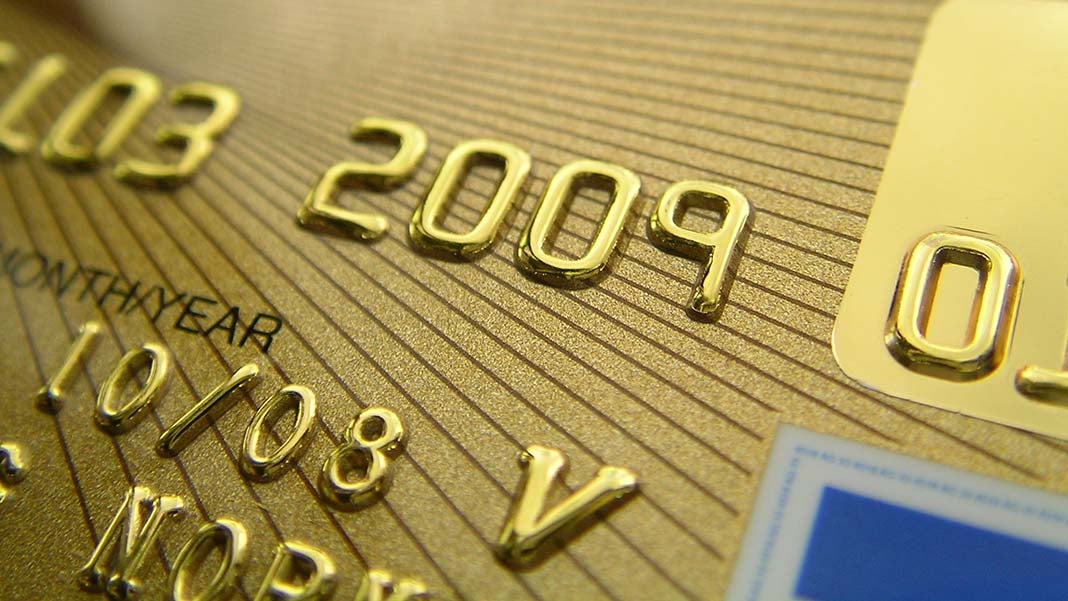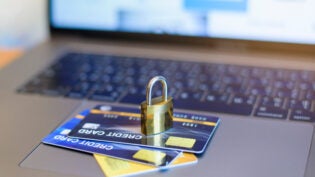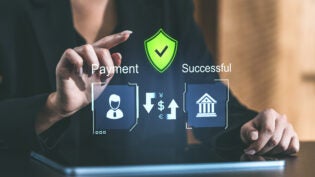
Credit card fraud is a form of identity theft wherein an individual uses another person’s credit card information to charge purchases, or to withdraw funds from the account. Credit card fraud may also involve the fraudulent use of a debit card as a result of theft of the actual card or by illegal acquisition of the cardholder’s account and personal information, including the card number, the card’s security number, and the cardholder’s name and address.
Businesses that accept credit cards should not ignore the possible risks of credit card fraud. If your company sells products or services online or by mail, your business is particularly susceptible to losing money from fraudulent credit card orders. Here are some safety measures you can do to protect your business from credit card fraud.
Request All Credit Card Information
If you are processing orders by phone, ask the caller to read the cardholder’s name exactly how it appears on the card, account digits, the card verification number, and the card’s expiration date. Also request the complete address and phone number associated with the account holder. Do not process an order if a customer fails to provide all information correctly, or if they refuse to provide some of the required information.
Make sure you get the card verification number from the customer as these three- or four-digit codes do not appear on credit card receipts. Since most fraudulent transactions result from a stolen number rather than a stolen credit card, a customer who is able to supply this information is less likely to be using a stolen credit card.
Related Article: 4 Credit Card Security Facts You Should Know
Having this information allows you to use the address verification service, so you are able to compare the billing address given by the customer with the bank’s database. You may also contact the card-issuing bank and request them to make a courtesy call to the customer and verify the charge.
Be Wary of Orders with Different “Bill To” and “Ship To” Addresses
If a customer provides two different addresses for billing and shipping, this may be a red flag for fraudulent credit card use. In this type of scenario, ask for the telephone numbers of both addresses. You can use this information to verify the addresses in websites like www.anywho.com which integrate telephone numbers, maps, and email addresses.
Be Cautious of Unusually Large Next-Day Delivery Orders
Fraudulent users are typically in a hurry to have their orders approved and delivered before the fraud is reported and the order is canceled. They are not concerned with cost, which is why they would normally make large orders. And while not all overseas orders are fraudulent, it would be sensible to watch out for international orders. There are some countries that have gained a bad reputation for fraud, especially those from developing nations.
Validate Orders Before Shipping Them
For orders that are not placed in person, it would be best to request the customer to fax copies of both sides of the credit card. It would also be helpful to request for their state-issued identification card, which serves as additional proof that the customer is indeed the credit card holder.
Most genuine customers would not mind if you take the necessary precautions with their credit card information. And even with difficult customers who may find this process unnecessary and a waste of their time, it might be better for your business to lose a few orders than to ship out large volumes of merchandise for free.
Author: Michelle Custodio is an account manager at LegalDictionary.net, an online resource of a wide variety of legal terms and concepts.
3291 Views












